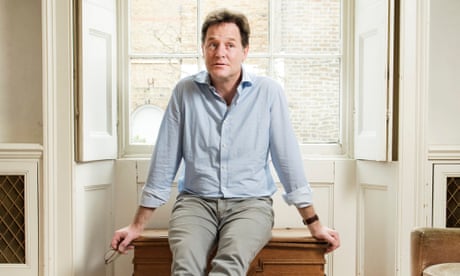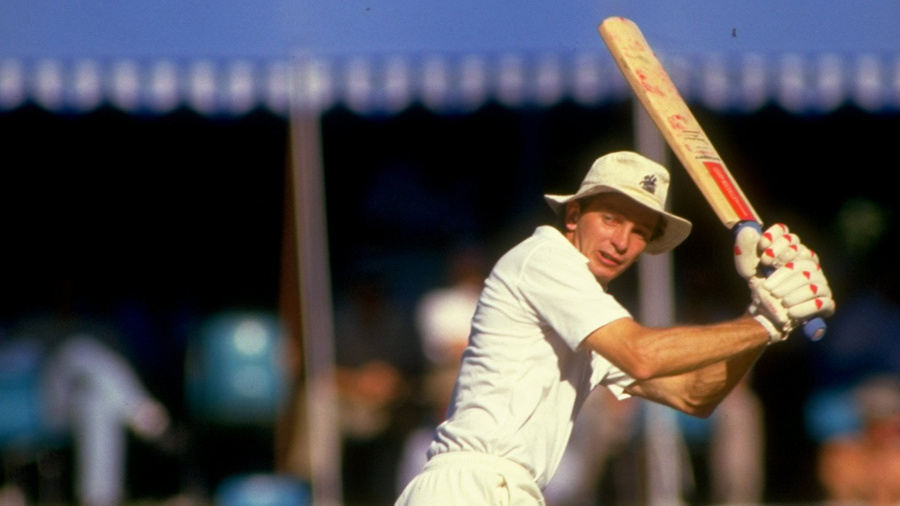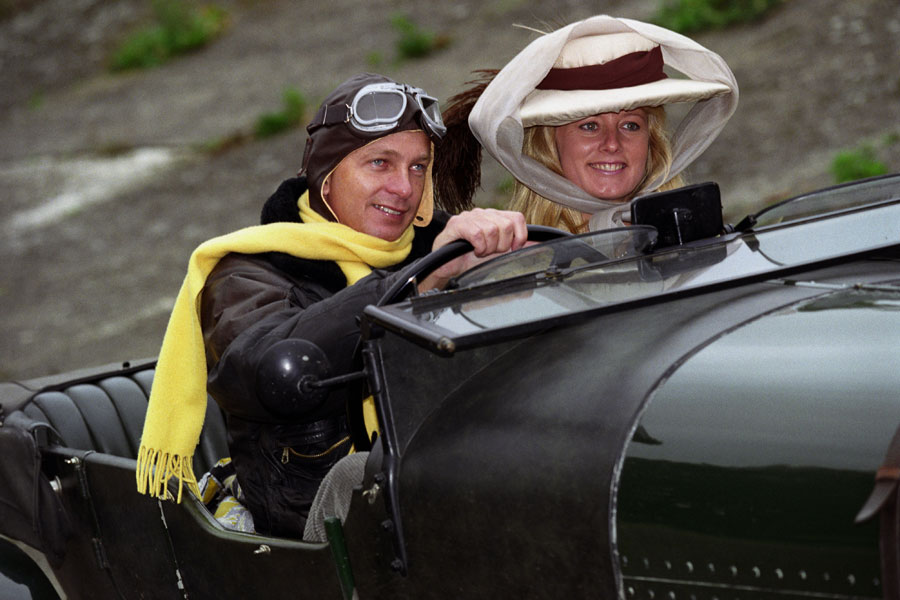
The establishment is a safety net for the shameful and the shameless. Once you’re in, you’re in: and even if you played a prominent role in plunging your country into crisis, and inflicting injustice on your fellow citizens, there are still baubles to be had.
Former chancellor George Osborne got his own newspaper, and ex-deputy prime minister Nick Clegg is reportedly to be made a knight of the realm. It has become fashionable in certain liberal circles to rehabilitate both as courageous warriors against the calamity of Brexit. But here are surely two architects of our crisis-stricken nation.

Nick Clegg to be knighted in New Year honours, say reports
Let’s start with Clegg. For those wonks who sifted through his speeches before he led his Lib Dem party into the coalition in 2010, there was ample evidence that Clegg would prove an amenable ally to a slash-and-burn Conservative government. Three years before Osborne began wielding his scalpel, Clegg promised to “define a liberal alternative to the discredited politics of big government”. Months before the banks plunged Britain into national calamity, he railed against “nationalised education, nationalised health, and nationalised welfare”.
But in order to get elected, the Lib Dems made cast-iron pledges to scrap tuition fees, and had students queuing around the block on polling day. “Students can make the difference in countless seats in this election,” said Clegg, which they did; and hiking fees to £7,000 (let alone £9,000) would be a “disaster” because “you can’t build a future on debt”. The Lib Dem’s flagship political broadcast was titled “Say goodbye to broken promises”, in which Clegg bemoaned the dishonesty of the political elite.
Clegg said after the election that he had no choice but to go back on his word: a national economic disaster loomed, national interest trumps party politics, amassing power and all its trappings through brazen dishonesty was actually an act of sacrifice! As former Liberal leader David Steel put it, Clegg could have met Gordon Brown first “instead of leaving talks with Labour to his acolytes later”, and used the prospect of a Lib-Lab coalition to extract “far better from the Tories”. But he didn’t.
Clegg claimed that new information about Britain’s economic plight from Bank of England governor Mervyn King was critical to his U-turn. But King himself said he had told Clegg nothing the Lib Dem leader didn’t already know.
So here is the truth. Clegg formed an austerity coalition because his socially liberal anti-state worldview was fundamentally in accordance with that of Tory leader David Cameron. “If we keep doing this we won’t find anything to bloody disagree on in the bloody TV debate!” as he was accidentally recorded cooing to Cameron in 2011.
So everything that then happened is on him, as much as anyone else. The longest squeeze in wages for generations; the ideologically driven privatisation of the NHS; a bedroom tax that disproportionately compelled disabled people to pay for the housing crisis; the humiliating and degrading work assessments forced on disabled people in a failed attempt to balance the nation’s books on their shoulders; the surging homelessness.
A man who uses human misery as a chess piece should, in a decent country, lose their privileged position in public life
But this is nothing compared with the indulgence of George Osborne, just because a dinner party friend has given him a newspaper to play out a vengeful grudge against Theresa May based far more on personal affront than political principle, like a toy catapult handed to a spiteful toddler. The bedroom tax, the £12bn pledged in social security cuts; the benefit cap; the systematic demonisation of benefit claimants. As Nick Clegg – once the voters had thrown him out of government – said himself, Osborne’s behaviour was “very unattractive, very cynical”; for him, welfare “was just a bottomless pit of savings, and it didn’t really matter what the human consequences were”, it was just a means to boost his party’s popularity.
This is grotesque behaviour, like a child who takes a magnifying glass to ants. A man who uses human misery as a political chess piece should, in a decent country, lose their privileged position in public life.
“Ah, but Osborne and Clegg oppose Brexit!” is a common comment. But no one who ever utters this has been a victim of the bedroom tax. Yes, this Tory Brexit is a national disaster. But the details of Britain’s relationship with a trading bloc is a secondary issue for those who spend their waking hours worrying over paying their food and energy bills.
In any case, if you want to understand why Brexit happened, look no further than these two individuals. Is it any wonder that, in a referendum on the status quo, so many opted for the Big Red Button?
These individuals are far from alone in being protected by the establishment, of course. Tony Blair is one of the most unpopular individuals, let alone politicians, in the country; but the man who helped lay Iraq to waste and works for torturing and murderous dictatorships is treated by much of the media as an oracle of wisdom.
If we are to have an honours system that is more than a sordid backslapping exercise, there are far more deserving recipients than Clegg, such as Maria Brabiner, a Mancunian bedroom tax victim who fought back. Surely those who struggle against injustice should be honoured, not those who impose it.
But let me offer some praise. Both Osborne and Clegg were in many ways also architects of the Corbyn project. They played critical roles in creating the army of the disillusioned who flocked to join the Labour party, and then in their millions voted against a bankrupt status quo. Thanks to them the self-serving, mutual appreciation society – otherwise known as the British establishment – may soon find its time is running out.
 David Gower: poise, fragility and ineffable beauty © Getty Images
David Gower: poise, fragility and ineffable beauty © Getty Images Gower, seen here with wife Thorunn, was at his mesmerising best against the Australians in 1985 © PA Photos
Gower, seen here with wife Thorunn, was at his mesmerising best against the Australians in 1985 © PA Photos